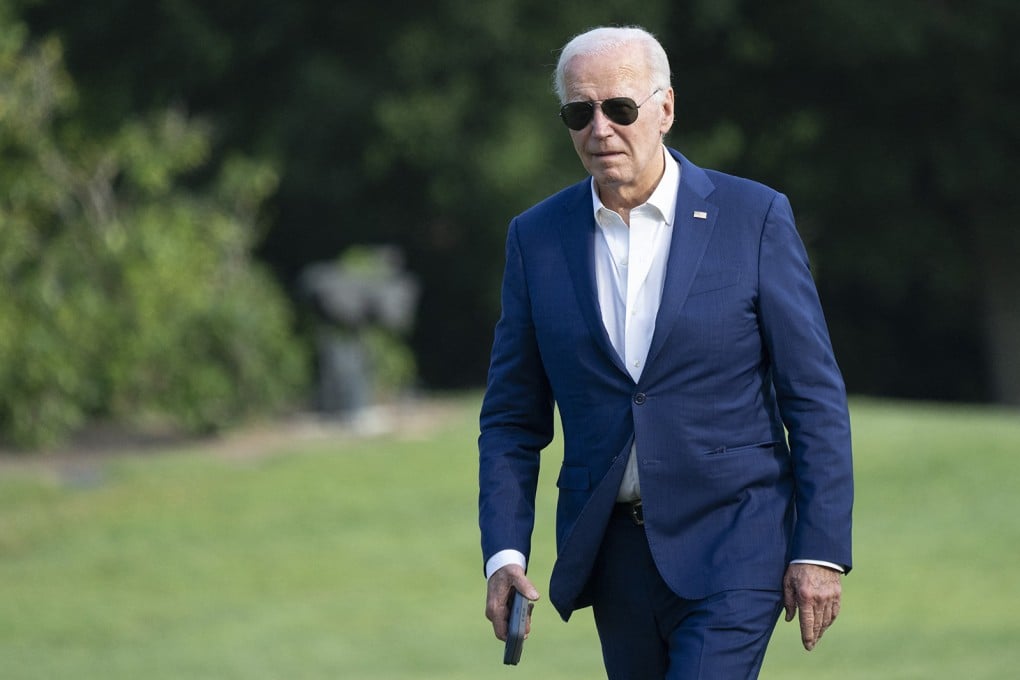Opinion | US has age limits for top military posts. Why not for elected officials?
- Biden’s withdrawal from the presidential race highlights the lack of formal and informal mechanisms to push out a sitting leader showing clear signs of ageing

While the United States does not have age limits for elected politicians, perhaps it should. The US Foreign Service requires its officers to retire by the age of 65, and the US military imposes retirement on flag officers at 64, though higher-ranked generals can have their retirement deferred until 68 by the president.
These age limits guarantee that those who command America’s soldiers and weapons are also in full command of their faculties. Trusted to make sharp, clear-headed decisions in the face of physically and mentally demanding situations, they cannot falter like Biden did on the debate stage.
The usual argument for allowing aged statesmen and stateswomen to lead is that they have the most experience. But even if one views this as an asset, its value must be weighed against all the risks that come with age – from physical ailments such as strokes and fractures to cognitive decline. Older minds may be better at putting together disparate pieces of information and interpreting the “big picture”, but it is unclear whether this capacity endures well into one’s 70s and 80s.
Another argument is that America’s increasingly aged leadership merely reflects an ageing electorate. But the data show no obvious relationship between the age of an elected official and the age of his or her voters. The oldest elected officials do not hail from the oldest states.

